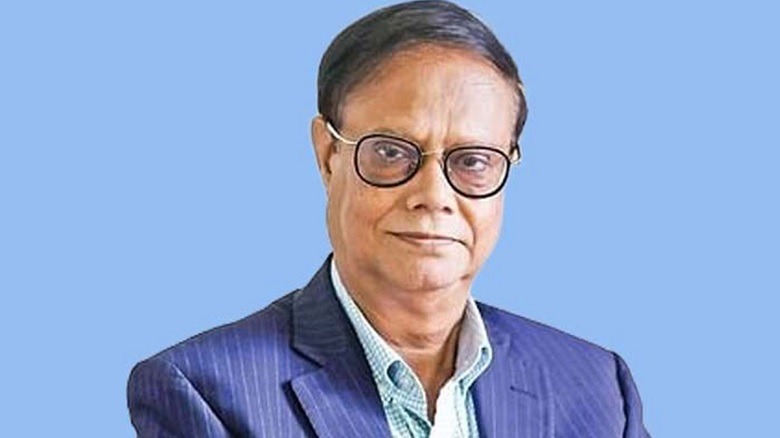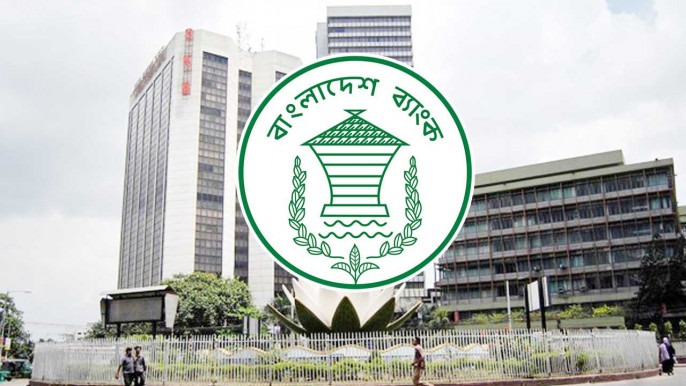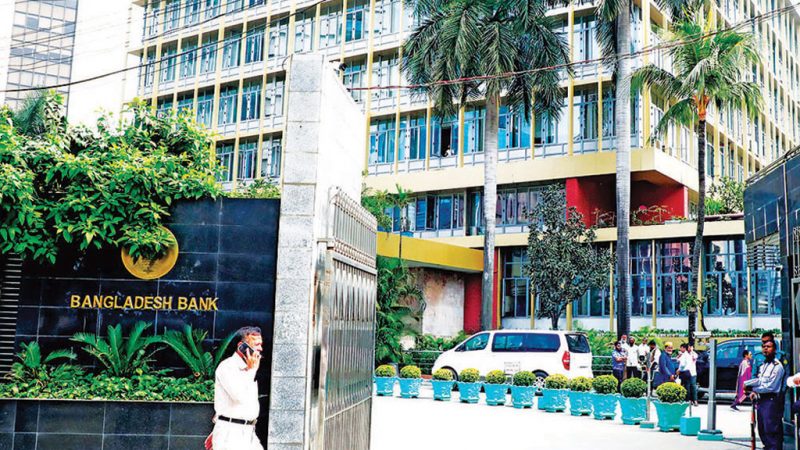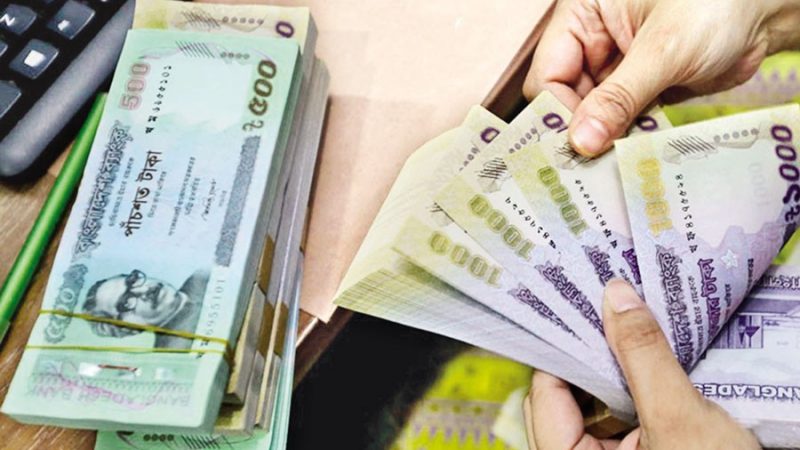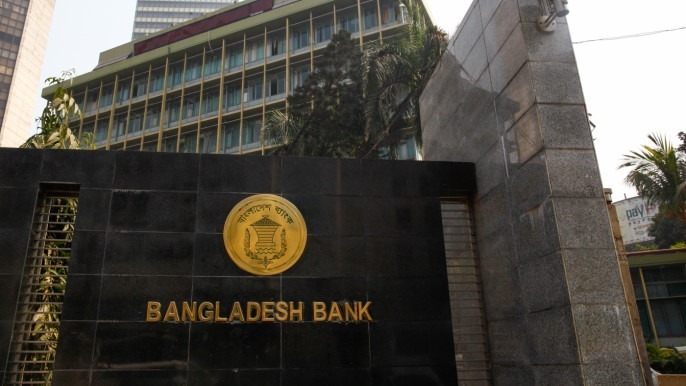Bangladesh Bank prints notes, injects Tk 22,500cr to 6 troubled banks
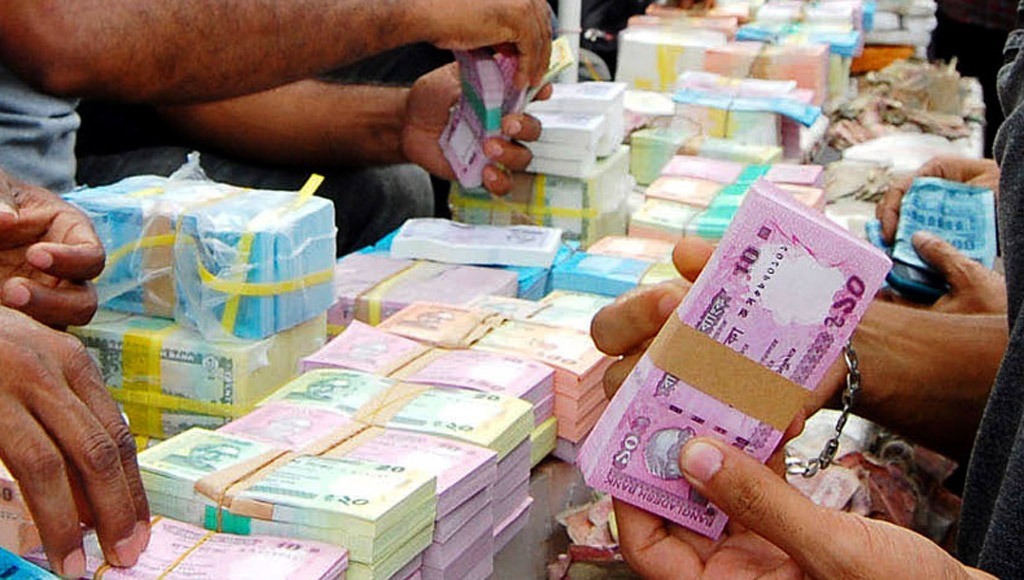
Bangladesh Bank governor Ahsan H Mansur on Thursday said that the central bank has provided Tk 22,500 crore in liquidity support to six struggling banks to ensure customers can withdraw funds from Sunday onward.
He assured that the central bank would supply as much money as necessary to meet depositors’ demands, emphasising that their money is secure. However, he urged customers to withdraw only the amount they urgently need.
Mansur made the statement at a press conference held at the central bank head office on the day, admitting that these funds were provided by printing money.
Of the total amount, First Security Islami Bank received Tk 5,500 crore, Social Islami Bank Tk 4,000 crore, Global Islami Bank Tk 2,000 crore, Union Bank Tk 2,000 crore, EXIM Bank Tk 5,000 crore, and National Bank Tk 4,000 crore.
Mansur reassured depositors, stating that no customer would leave a bank empty-handed from Sunday onward.
He noted that the central bank had shifted from its earlier stance against printing money, to prioritise protecting depositors.
To mitigate the inflationary impacts, the central bank introduced instruments to mop up excess liquidity from banks with surplus funds through issuing government bonds, ensuring that the net reserve money does not increase and the contractionary monetary policy remains intact.
Mansur highlighted the dual focus — controlling inflation, while safeguarding depositors’ interests.
When asked about the differences from the previous government’s practice of printing money for bank support, he said that the key difference is that theft has been stopped.
He explained that every bank is now closely monitored, and accountability has been established, unlike the previous period when printed money often facilitated money laundering.
He added that the boards of the struggling banks have also been restructured.
The governor clarified that liquidity support would be limited to a few struggling banks, while most banks are being encouraged to prioritise internal money management and interbank borrowing over reliance on central bank funds.
When questioned about S Alam Group’s recent legal threats, Mansur said, ‘What they do is their business. We will recover depositors’ money by selling their assets according to the law. Discussions with the attorney general have been held to finalise the legal process.’
Regarding pressures from influential groups, Mansur stated firmly, ‘I will not tolerate mob justice. If pressured, I’d rather resign than allowing irregularities.’
On rise of defaulted loans, he said that previous figures did not reflect the true extent of defaults. ‘Now, accurate accounting will provide a clear picture. If defaulted loans exceed 25 per cent, let it be,’ he remarked.
National Bank chairman Abdul Awal Mintoo, who also attended the press conference, said that the banking sector and the overall economy are grappling with severe downturns and liquidity crises, with National Bank being no exception.
He disclosed that a significant amount was taken out from National Bank through irregularities, causing substantial damage and leading to widespread public panic and diminishing trust in the banking sector.
Mintoo noted that National Bank, with the central bank’s support, is working to recover from its losses.
He added that the disruptions caused by irregularities had severely impacted the bank’s foreign trade revenue, but expressed optimism about a potential recovery.
He also said that with the liquidity support from the central bank, the National Bank would be able to meet depositors demand and recover from the crisis within three months.
In a separate press conference held at the National Bank head office earlier on the day, the bank’s sponsor-director Moazzem Hossain revealed that the people responsible for the looting had been identified.
He claimed that some errant borrowers owned properties worth Tk 1,000 crores in Gulshan. Efforts are underway to recover these funds, with plans to sell off assets if the looted amounts are not returned.
Additionally, he described the ongoing attempts, made with the assistance of Bangladesh Bank and the World Bank, to recover funds laundered abroad.
Moazzem expressed hope that the crisis would be resolved within the next three months.
Source: New Age | 29 November 2024


